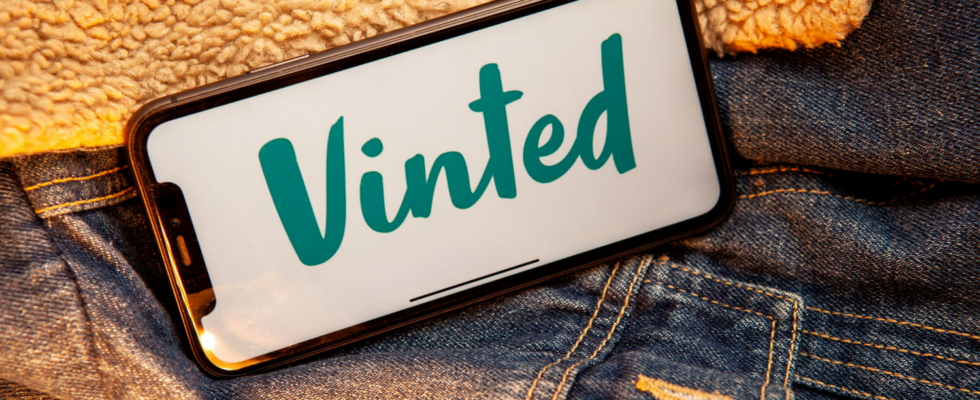Peer-to-peer second-hand goods sales sites have never been so popular. But be careful, certain transactions are taxable and the tax authorities closely monitor these platforms.
What tires some makes others happy. This adage did not wait for the Internet to become commonplace, and garage sales are practices as popular and old as garages, sheds and… attics. But the sale of second-hand goods between individuals has experienced exceptional growth with the arrival of digital networks and specialized platforms, such as Leboncoin or Vinted, to name just two of the best known.
Selling your belongings online has therefore become a very common act, which can provide very appreciable additional income, in addition to offering a second life to objects that are still perfectly functional. Although the sale of second-hand goods between individuals is a perfectly legal practice in France, it is still subject to a few rules, which are sometimes unknown (or knowingly ignored by unscrupulous people).
In terms of taxation, the regulatory framework is rather flexible and generous. Indeed, the general principle is that sales of second-hand goods between individuals are not taxable, regardless of their amount. However, this non-taxation in principle only applies to sales of furniture, household appliances and vehicles. You can thus resell your sofa, your washing machine or your car without paying a euro of tax;
For goods outside of these three categories, however, you will have to pay taxes on the sale under two conditions: if the unit sales price (i.e. per item) exceeds 5,000 euros and if you make a plus- value. For example, if you resell a musical instrument for more than 5,000 euros, such as a piano or a collector’s guitar, with a capital gain compared to its purchase price, the profit will then be integrated into your taxable income. year.
Another special case is that of precious objects such as gold, silver, jewelry, works of art or even antiques. If their sale is this time exempt from income tax, it is however subject to a specific flat-rate tax. The transfer of this type of property must also be subject to a specific declaration via Cerfa form n° 11294*13which will allow this special tax to be calculated and paid.
It is important to note that the absence of taxation in principle only concerns second-hand goods. If you have manufactured or purchased goods specifically to resell them, you are then carrying out a professional activity, as an artisan or trader. In this case, you are required to keep specific accounts and taxed under the Industrial and Commercial Profits (BIC) regime.
Similarly, rentals of real estate are governed by specific rules. Whether it is of an unfurnished rental (main residence, secondary residence) or tourist (seasonal, occasional, furnished tourist accommodation)the land income derived from these sales is subject to specific ceilings, accounting and tax rules, which go beyond the framework of sale of second-hand goods.
It is therefore these last two categories of sales that the tax administration particularly monitors, in order to combat hidden commercial activities. Digital platforms, such as Leboncoin or Vinted once again, are required to automatically transmit data relating to certain users to the tax authorities: those who make more than 30 sales or more than €2,000 in sales over the year, those who sell valuable items, and those who rent real estate.
If you are in one of these situations, be particularly vigilant and rigorous in reporting your transactions, because the tax authorities will carefully monitor your activities on these platforms. And in the event of non-declaration or inaccurate declaration, the tax administration could then subject you to an audit, or even a tax adjustment, which could prove particularly costly.
